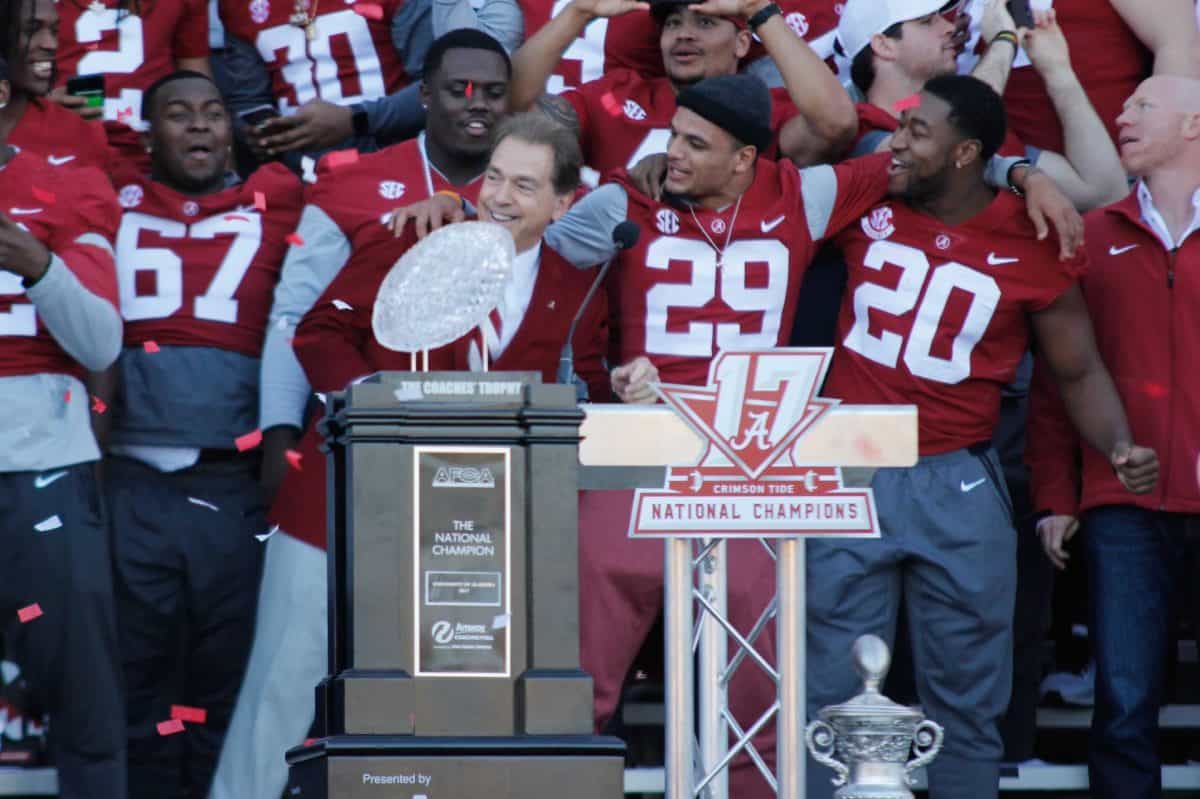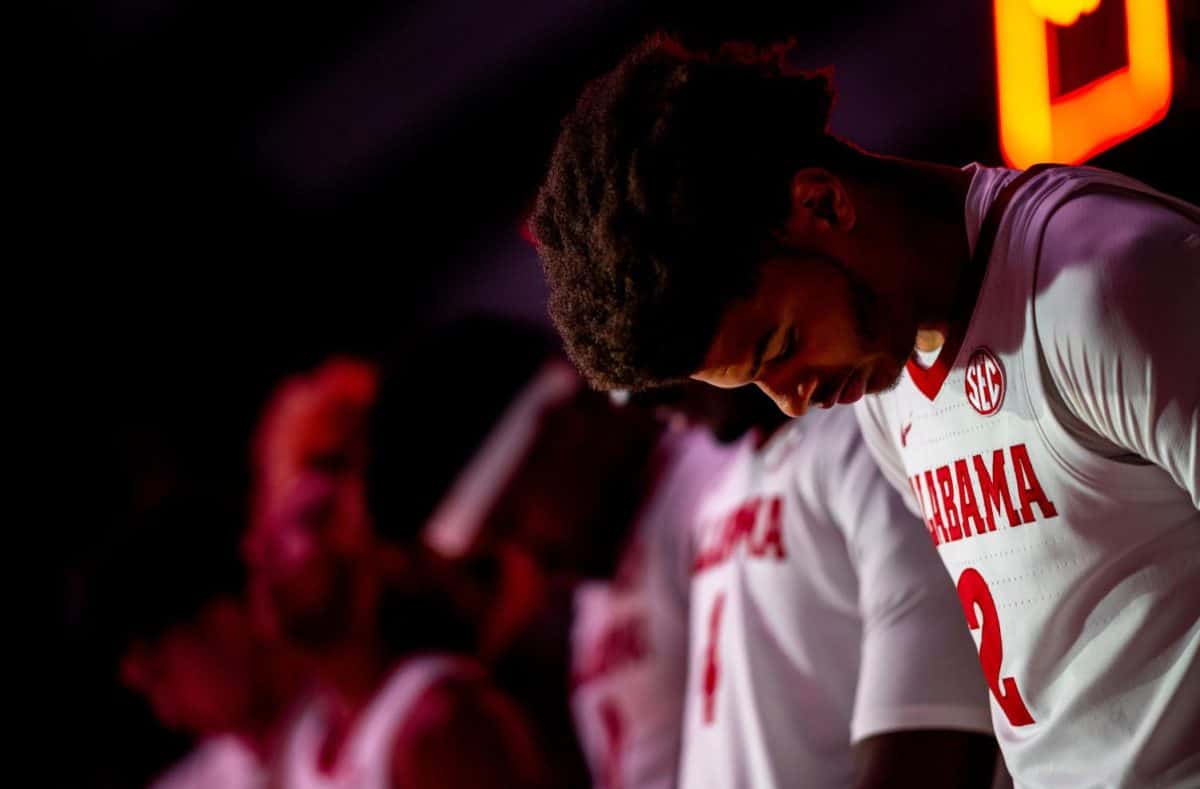Three weeks ago, the Center for American Progress Action Fund, a D.C.-based think tank, released a report entitled “The Health of State Democracies.” The report took a look at various factors that contribute to how well-functioning a particular state’s democracy is, including access to the ballot, district distortion and open legislation data. The results, to put it kindly, were less than favorable for the state of Alabama. To be specific, Alabama scored 51st out of all the democracies studied (which included the District of Columbia). The Heart of Dixie, it seems, is not the healthiest of hearts.
It’s difficult to narrow down all of the issues that the report found with Alabama’s state government, but the area in which Alabama performed the worst was accessibility of the ballot. Among the specific policies that CAPAF used as ranking data, Alabama has no early voting, does not allow in-person absentee voting and has voter ID laws (which have been proven to restrict the voting rights of far more people than they save in voter fraud). It’s no surprise then that we also have one of the lowest voter turnout rates in the country.
Now, in defense of our great state, we do a lot of things right. We do football right, we do cooking right, we even do preschool right (although we’re still working on making sure all kids have access to it). However, lack of access to the ballot is a fundamental issue because voting itself is a fundamental element of any democracy. Voting rights is not an issue that we can afford to take lightly. Addressing our woefully inadequate access to the polls would have a significant effect on many of the other issues that plague our state. When we block people from the polls, we undermine our commitment to government by the people and for the people. We risk skewing the political climate in favor of those who are currently overrepresented (hint: middle-aged, rich, white men). And we discourage people from having any interest in participating in the political process.
I am by no means suggesting that all of our ills will magically be fixed by drastically improving voting access, but I am confident that the path to fixing them will become substantially easier. So with that in mind, how can we begin to advocate for better access to the polls without ourselves being public officeholders? Well, for starters, if you are an officeholder, I would urge you to take these policy recommendations seriously as a legislative agenda. But for the majority who are not, there’s plenty of work to do.
We can lobby said officeholders to adopt these policy proposals in their platforms. There is absolutely no reason to not make voting as easy as possible. If you’re concerned about voter fraud, I would encourage you to look up the statistics on it in those states that have the most accessible ballots. In addition, there are numerous grassroots organizations that work to expand voting access and register voters in the state. Empower Alabama, for instance, has already registered thousands of voters across the Yellowhammer state. Such organizations typically register voters who are most at-risk for being locked out of the polls, such as those who are older, low-income or people of color. Finally, we can encourage large institutions, such as The University of Alabama, to integrate voter registration efforts into their routine activities. For instance, our annual Bama Bounds for new students could include a voter registration booth.
If we take seriously our state’s abysmal voter participation rates, we can make massive gains in the numerous other issues that plague Alabama, including our prison system, tax code and unreasonable rates of poverty. Change starts at the ballot.
Madelyn Schorr is a senior majoring in art and anthropology. Her column runs biweekly.






